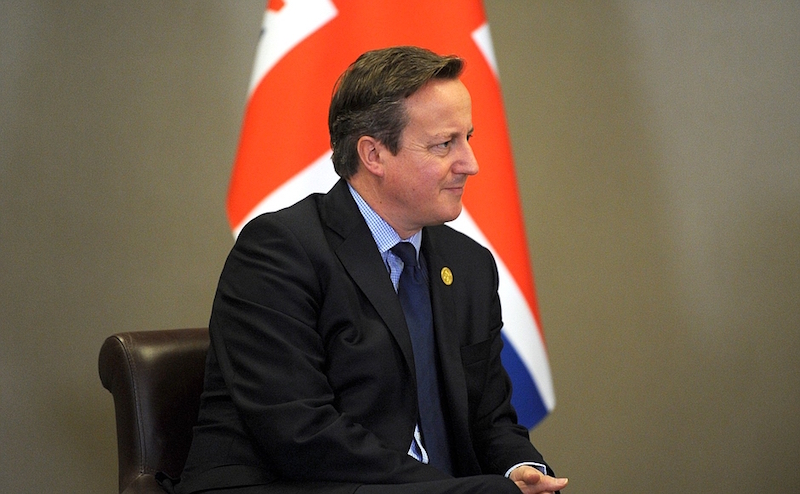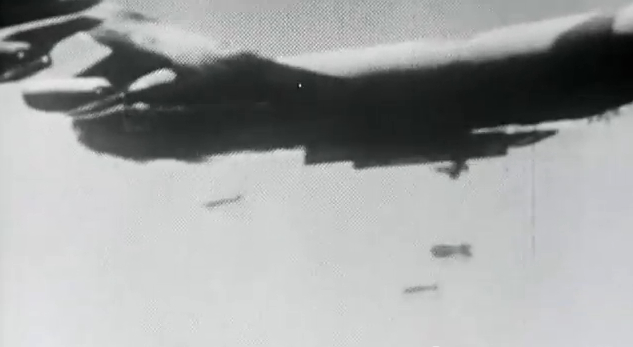The United Kingdom (UK), on June 23, 2016, decided to take a great leap into the unknown by voting to leave the European Union (EU). The result of 52 percent for leave and 48 percent for remain sent shock waves around the world. Financial experts estimate that global stocks lost $2 trillion (USD) in 24 hours following the Brexit vote. On June 27, Standards and Poors downgrade the UK’s gold-plated AAA credit rating to AA, a two notch drop. The financial reaction to the historic Brexit vote has been swift and decisive. However, the larger security implications of this new division within Europe will not be as apparent.
One of the most glaring security concerns in the short term is the political stability of the remaining 27 member countries of the EU. Even before the British referendum on EU membership, the continent had difficulty agreeing on foreign policy objectives. It has been difficult for the EU member countries to hold firm on existing sanctions against Russia, and maintaining its current role in the fight against the Islamic State of Iraq and the Levant (ISIL). This will only become harder in a more divided Europe.
Following the announcement of the Brexit results Marine Le Pen, leader of the National Front in France, reiterated her calls for France to hold a similar vote. French President François Hollande dismissed Le Pen’s call, but she is currently more popular in opinion polls and hopes to replace the president in the elections next year. There is fear among EU leaders that the Czechs, Swedes and Greeks will also hold referendums on EU membership. Divisions within the Union are only growing at a time when unity is required.
From an American perspective the unravelling of EU, or even its weakening, will distract the United States from its more recent foreign policy objectives. The Obama administration has made a point of highlighting the US’s “pivot” to Asia and away from the Middle East. However, this depends on Europe’s taking on more responsibility in its neighbourhood, such as the Middle East. This Europe was always going to be hard to find, but now it is nearly impossible. The EU may muddle along, but US will have to re-focus its immediate foreign policy objectives.
The North Atlantic Treaty Organization (NATO) may also be weakened by Brexit. In response to calls for other referendum votes in various EU countries, defence spending may be reduced as governments look to shift resources to the domestic level in an attempt to placate various grievances. Currently only five member states of NATO meet the recommended 2 percent of GDP target; the US, Greece, Poland, Estonia and the UK. Germany currently spends 1.18 percent of its GDP, while Italy only spends 0.95 percent. If this was to drop further due to attempts by EU member states to calm domestic grievances, NATO will have to operate with less resources.
Earlier this year London outlined a plan to increase military spending over the next decade after years of deep cuts. However, as a result of the Brexit vote, Britain’s economy is expected to shrink by up to 6 percent. This drastic fall in GDP could have major implications for the resources devoted to the defense budget.
The rise of nationalist groups has increased across the European continent. Alternative fur Deutschland (AfD) party has continued to rise in the polls and currently sits at 24 percent in some regions. If the AfD succeeds in next year’s elections it will increasingly put pressure on any government in Berlin to put Germany first, and Europe and NATO second. Even in Europe’s largest and strongest economy there are fissures emerging that could weaken NATO.
One of the most immediate divisions over the Brexit vote is the renewed calls for an independence referendum in Scotland. Following the vote on June 23, Nicola Sturgeon, Scotland’s first minister, said that she believed a second referendum on independence was highly likely. It remains to be seen whether such an independence referendum would be successful. An independent Scotland would have huge implications for both the UKs and NATOs security apparatus, as was demonstrated during the 2014 Scottish Independence referendum.
Since the 1960s, the UK has based multiple Trident nuclear submarines in Scotland. During the 2014 campaign the Scottish National Party wanted all nuclear weapons removed within four years of independence. If Scotland were to hold a second referendum and vote to leave the UK, Westminster would be forced to find other basing arrangements, a costly and time consuming procedure.
The loss of its nuclear bases would also have repercussions for the US. If Britain were to lose its undersea atomic arsenal, the US could be forced to rewrite its own nuclear strategy. This would be the first time the nuclear balance within the international community has been drastically altered since the Cuban Missile crisis.
One of the main benefactors of Europe’s current internal divisions is Russia. It will be tempted to and may even probe NATO’s vulnerable points, due to the current fragmentation in the west. One of the most immediate vulnerabilities may be intelligence cooperation. Britain was the only European country in the “Five Eyes” collective and could veto EU policies that might have endangered the intelligence gathering of this organization. Cooperation with the Anglosphere could look more foreign to Europeans in the near future.
The results were also symbolically significant for President Putin. He and his supporters are vindicated in their beliefs that hyper pluralist, post-sovereign policymaking is doomed and unlikely to be sustainable in the long run. Both the EU and NATO need some immediate successes on the international stage to halt any Putin adventurism ideas.
There are some potential security benefits associated with Brexit. The EU may come to the realization that it must seriously address the issues, which led to the UK voting to leave the EU. They will have to become more serious about the immigration issue, which will require pushing for real solutions in Syria. The fissures developing in the EU may also actually serve to strengthen NATO. Some security experts argue that NATO may become a forum for manifesting EU military weight internationally, now that one of their most militarily active member states will leave.
In the short-term Britain’s military position in the global community is unlikely to change. The UK government has committed to supplying one of four NATO battalions to be stationed in the Baltics next year and continues to fly daily missions over Iraq. One of most pressing needs in the UK and on the continent is the need for political leadership.
Luke Hickmore of Aberdeen Asset Management expressed that “there’s no political leadership in the UK right [now] when markets need the reassurance of direction.” Brussels also remains confused about how to proceed. Market volatility and currency fluctuations are short-term issues, but Britain’s status as a major power and the EU’s role in global affairs require Churchillian leadership.
Photo: British PM David Cameron (2014), courtesy of kremlin.ru.
Disclaimer: Any views or opinions expressed in articles are solely those of the authors and do not necessarily represent the views of the NATO Association of Canada.




